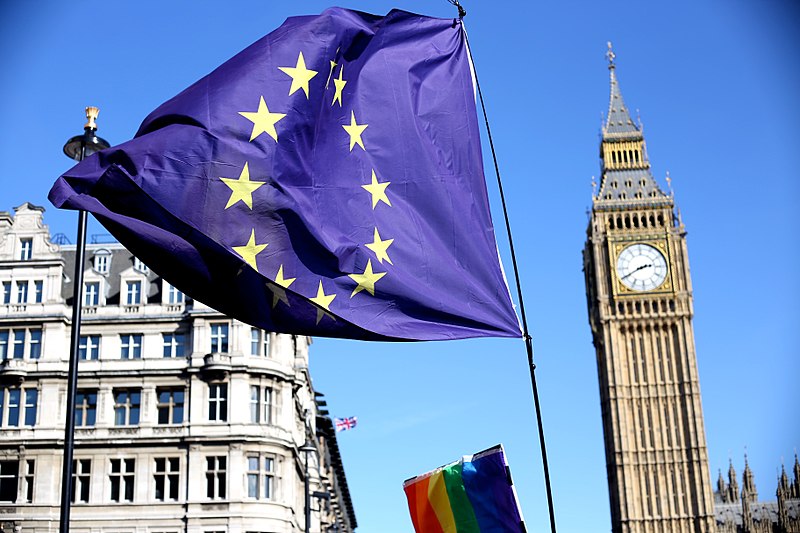
While Brexit was put off until the autumn, we have some time to rethink the reasons of why the United Kingdom voted to leave the European Union. There is one major reason of
the U.K.’s departure: a pending discussion on democracy between European elites.
Most British politicians believe the European democracy progresses in a wrong way because nations are deprived of their rights to defend the borders of their countries, manage their agricultural lands, finance, courts, etc. In British politicians’ imagining, Brussels has morphed into a terrible dictator who denies all democratic procedures when making decisions which are the most crucial for EU countries.
What is a distinction between the European and British democracy? Does European democracy exist at all? Is it reasonable to use this term, given we talk separately about French, German, Dutch and other democracies? Are there any limits to democracy?
We should know first off why British politicians and political experts deem the European Union to threaten the European democracy. This message has been expressed in speeches of many British statesmen including Lord Nigel Lawson and Jacob Rees-Mogg, who spoke on that topic at the Oxford Union.
This collision of the British and European democracies should be subject to discussions in Europe, which can ultimately conciliate differences between Great Britain and the EU on Brexit and help give a clue to which democracy should be the underpinning one.
The conflict with the British democracy, the world’s oldest one, testified that the EU has chosen its own path and it is geared to another model, which provides for a hard-line red tape that resembles the German type of democracy.
It is against this background that European politicians should agree on the type of democracy to be cultivated in Brussels, which will ultimately simplify agreements between people of different countries that have varying democratic development trends.
There are also former Socialist bloc countries in the EU, which have peculiar experience in this regard.
This problem deserves the full attention to avoid other European nations being inspired by Brexit.
Dr O.J. Kozerod, Fellow at CEDS
















